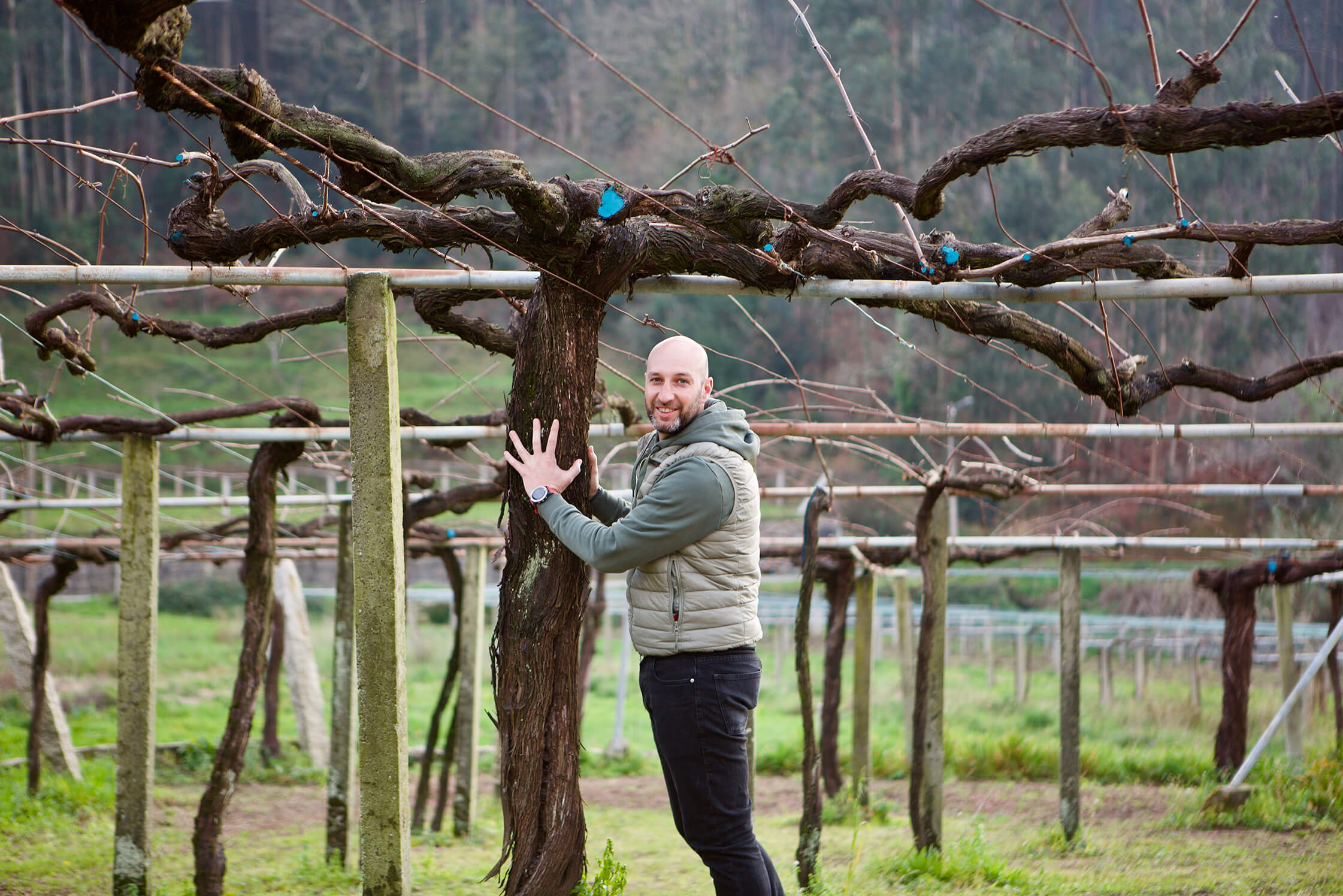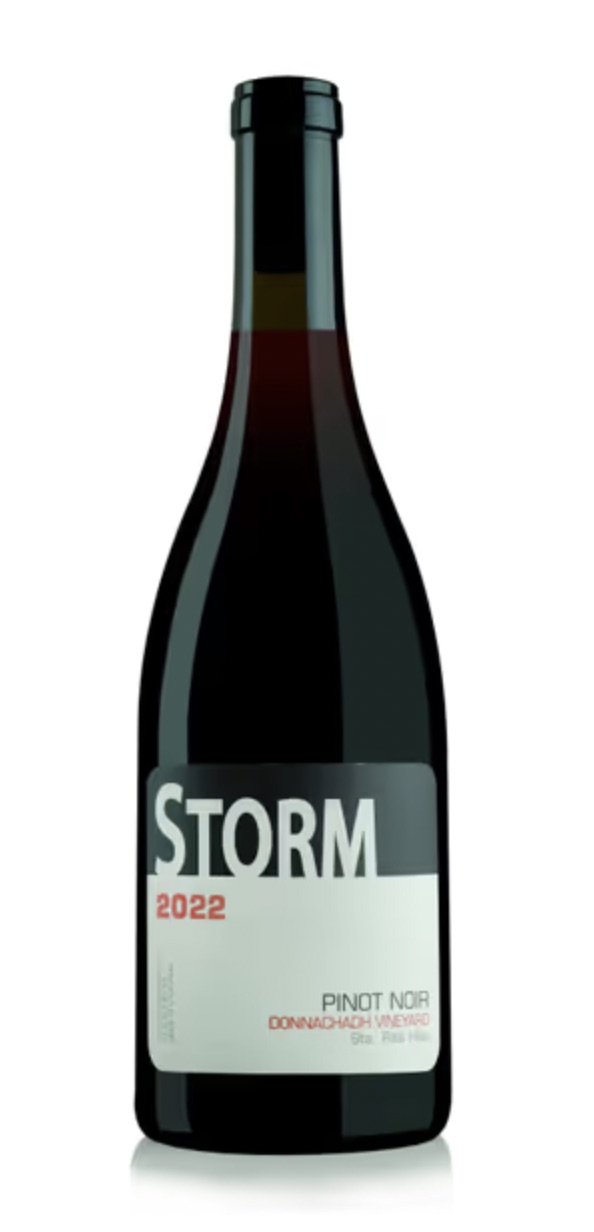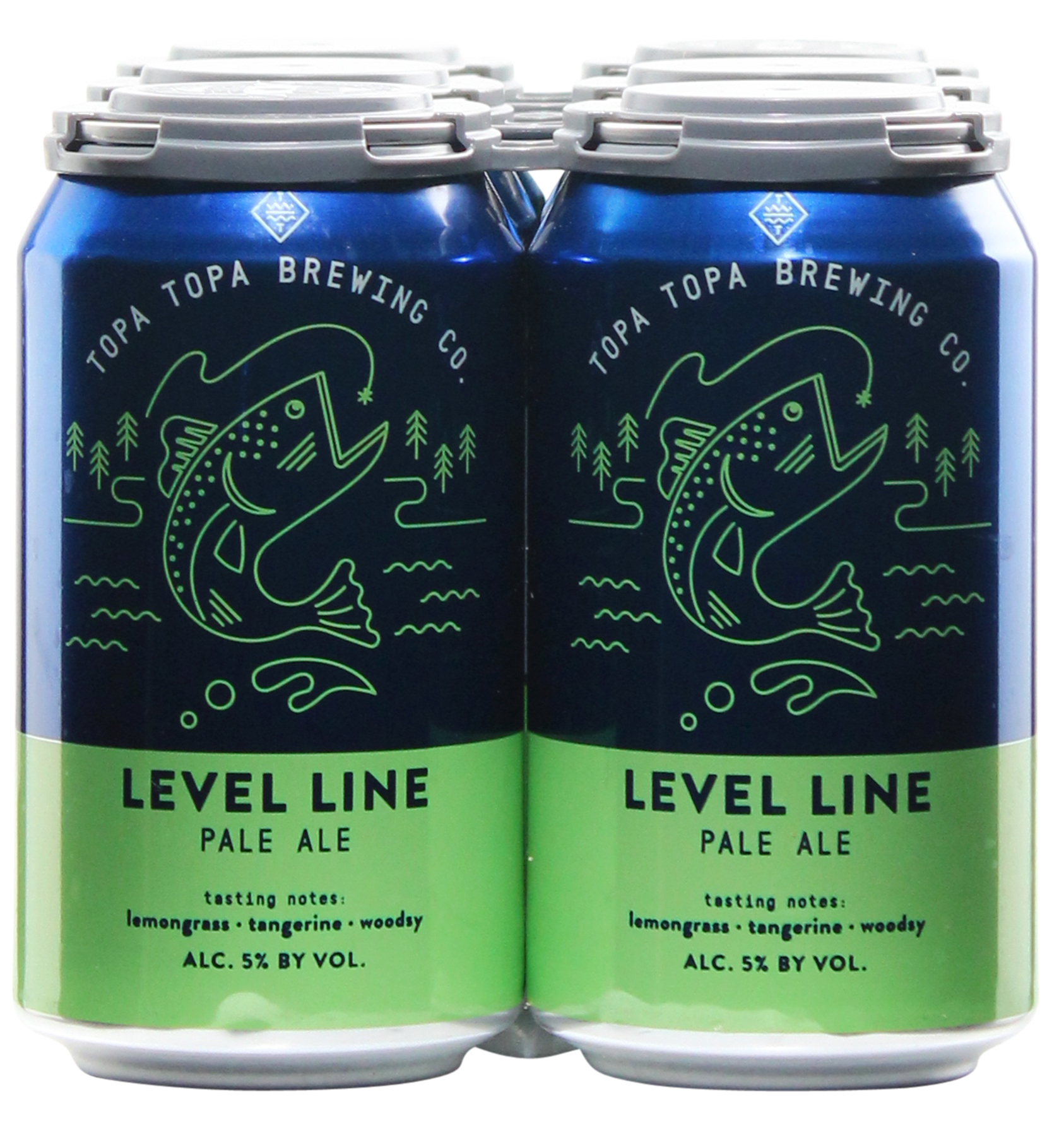2022 Pedro Mendez Viño Branco Albariño
Pedro Méndez doesn’t yet have the world’s attention, but he’s well represented in Spain’s top restaurants, including dozens of Michelin-starred spots throughout the country, including País Vasco’s three-star Arzak. His micro-production of ancient-vine Albariño is a treat to say the least and we’ll take what we can get.
Sustainable farming practices and less than 300 cases produced annually
- Tasting Notes sweet Meyer lemon, sweetened juicy lime, honeysuckle, agave, salty ocean breeze
- Variety Albariño
- Region Spain, Rias Baixas
- Volume 750ml
- Alcohol Volume 12.5%
- Table Talk This wine is made from pre-phylloxera Albariño vines that are nearly 200 years old. They look more like trees than vines (see below).

Pedro Méndez doesn’t yet have the world’s attention, but he’s well represented in Spain’s top culinary destinations, including dozens of Michelin-starred spots throughout the country, including País Vasco’s three-star Arzak, an institution that landed its first star in 1974.
Pedro’s breakthrough into Spain’s top spots started with his reds—50-70-year-old Mencía and Caíño Tinto vines, with the former a peculiar variety for the appellation, especially with its enviable vine age. With just over 1000 bottles produced of each of the two reds, more than half of them are sold to Spanish Michelin-starred restaurants, and most of the rest to top local restaurants. This says something, no? We’re lucky to import a quarter of Pedro’s production of reds along with a quarter of his micro-production, ancient-vine Albariños. It’s not much wine, but we’ll take them.
Related Items
-
2022 Storm Wines Donnachadh Vineyard Sta. Rita Hills Pinot Noir
$60.00Crafted by the acclaimed Ernst Storm, this wine shows off everything we love about Sta. Rita Hills Pinot—lifted aromatics, pure red fruit, earthy undertones and silky tannins. A team favorite, this Pinot never fails to impress, no matter who’s at the table or what’s on the menu. It strikes that rare balance of elegance and approachability—making it a staple in our cellar.
Organic farming practices, native yeast fermentation, neutral oak aging, family-owned, less than 500 cases produced.
-
2023 Domaine Roland Lavantureux Chablis ‘Vaux Carrés’ (half-bottle)
$27.00This is Chablis as it should be: pure, mineral, and refreshingly complex. The half-bottle format makes it perfect for picnics, solo dinners, or as a crisp aperitif before a larger meal. It’s a snapshot of northern Burgundy terroir—refined deliciousness. Enjoy with sushi, sashimi, seafood pasta or goat cheese and crackers.
Organic farming practices, native yeast fermentation and less than 5,000 cases produced annually.
-
Topa Topa Level Line Pale Ale 6-Pack
$15.00As you wade in the current, the work week fades to gray. When the line strikes and you begin that delicate dance, there’s no choice but to be in the moment. The refreshing citrus aromas and woodsy notes are like the creek passing through the forest. It’s a West Coast Pale Ale for a West Coast way of life.
-
2022 Domaine Caroline Bellavoine Bourgogne Rouge
$35.00Caroline Bellavoine is the talk of the town. Her tiny production of old-vine Pinot Noir from the lesser-known Côtes du Couchois is pure, rustic, and deeply expressive of its unique terroir. It’s old-school Burgundy through and through – seriously complex and not for the faint of heart! Decant for 1 hour before enjoying.
Organic farming practices, native yeast fermentation, unfined/unfiltered, aged for 18 months in French oak barrels and only 150 cases produced annually.






